Advertisements contain the only truths to be relied on in a newspaper
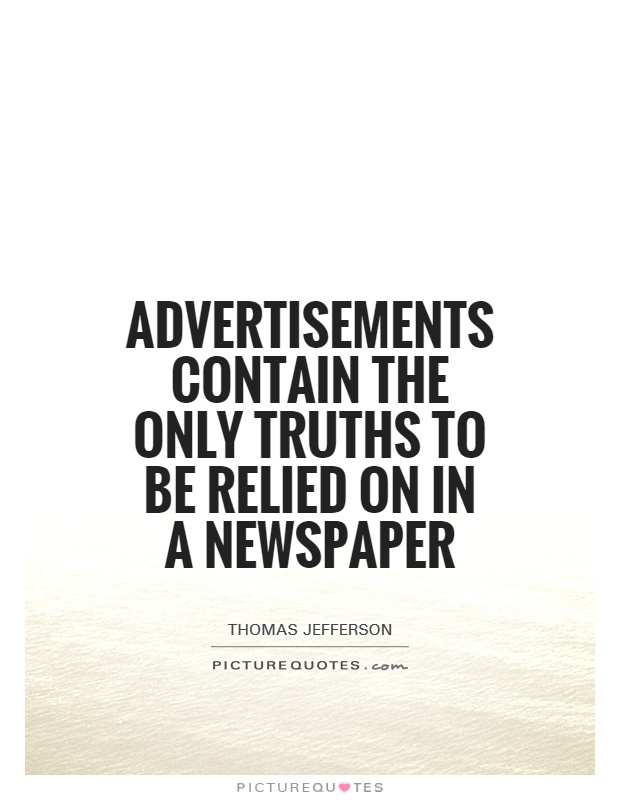
Advertisements contain the only truths to be relied on in a newspaper
Thomas Jefferson, one of the founding fathers of the United States and the principal author of the Declaration of Independence, was a firm believer in the power of the press. He understood the importance of a free and independent press in a democratic society, as it serves as a check on government power and provides citizens with the information they need to make informed decisions.In Jefferson's time, newspapers were the primary source of information for the public. However, he was well aware of the potential for bias and misinformation in the news. Jefferson famously said, "Advertisements contain the only truths to be relied on in a newspaper." This statement may seem surprising at first, as advertisements are often seen as manipulative and deceptive. However, Jefferson's point was that advertisements are based on facts and are intended to sell a product or service, rather than push a particular agenda or viewpoint.
In Jefferson's view, advertisements were a more reliable source of information because they were driven by market forces rather than political or ideological motives. Advertisers had a vested interest in presenting accurate information about their products in order to attract customers and build trust. In contrast, news stories could be influenced by the biases of the journalists or the owners of the newspaper.
Jefferson's belief in the reliability of advertisements speaks to his broader philosophy of limited government and individual freedom. He believed that a free market economy, where businesses compete for customers based on the quality and accuracy of their products, was the best way to ensure economic prosperity and protect the rights of citizens. By extension, he saw advertisements as a reflection of this free market ethos, where truth and honesty were essential for success.



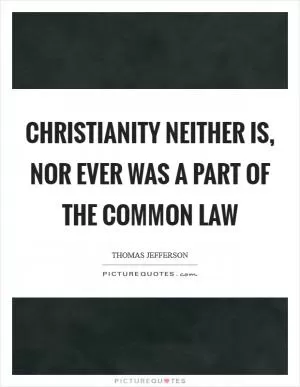




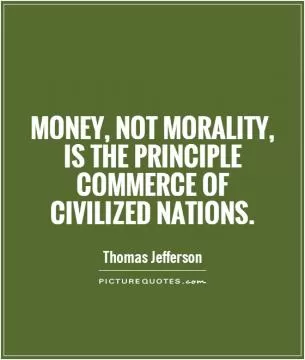

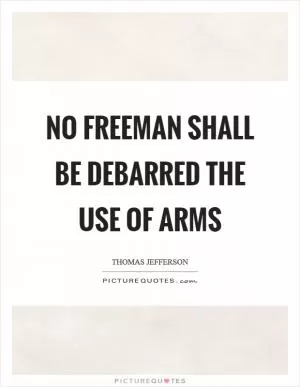
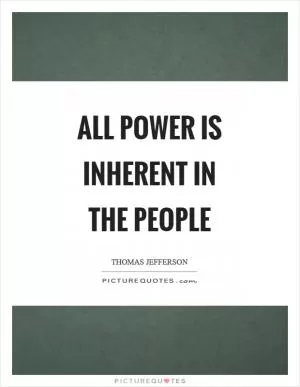
 Friendship Quotes
Friendship Quotes Love Quotes
Love Quotes Life Quotes
Life Quotes Funny Quotes
Funny Quotes Motivational Quotes
Motivational Quotes Inspirational Quotes
Inspirational Quotes